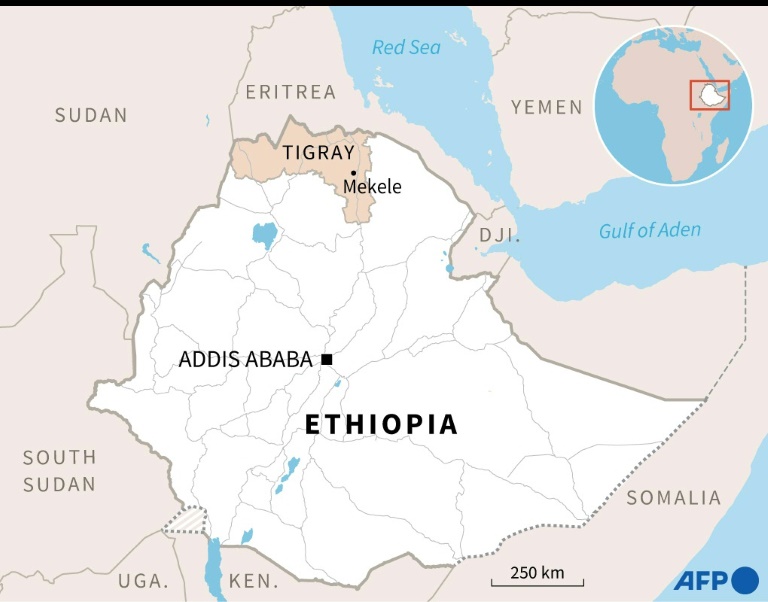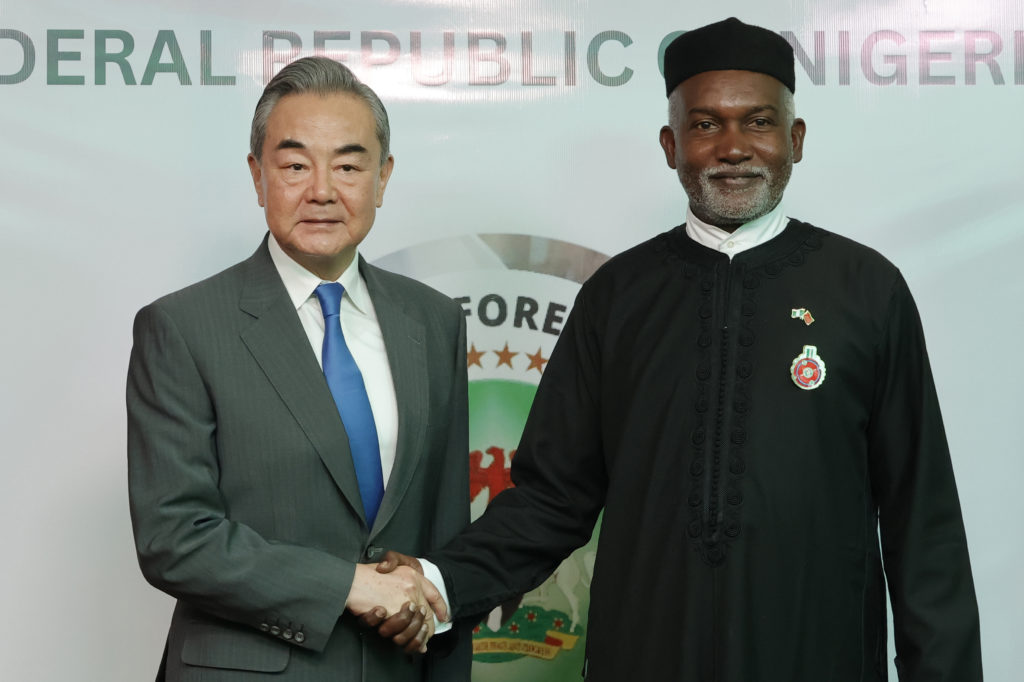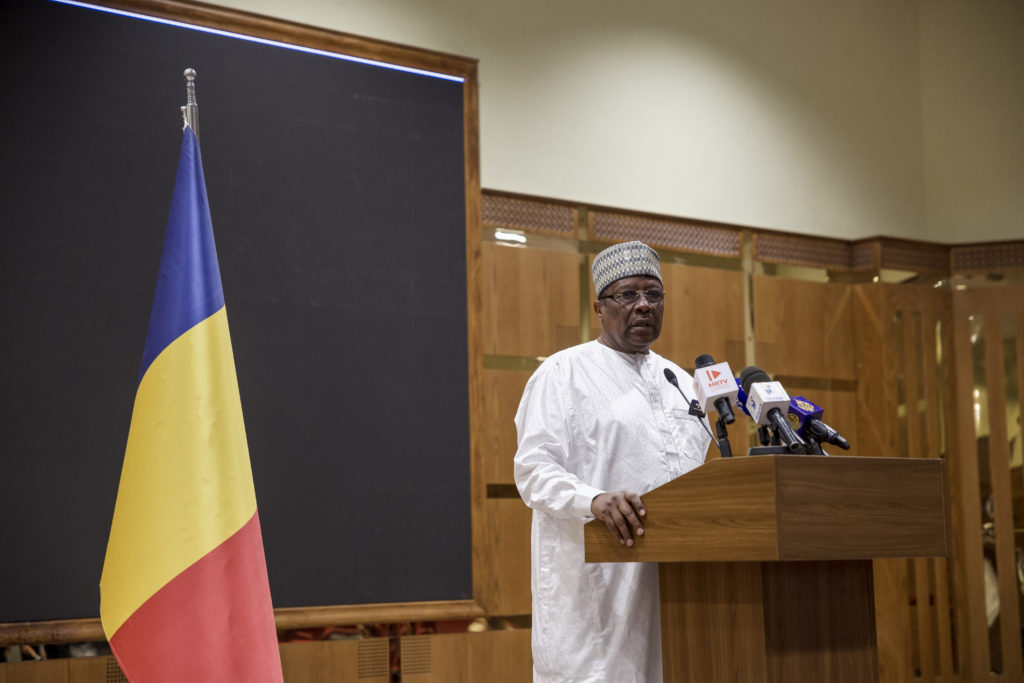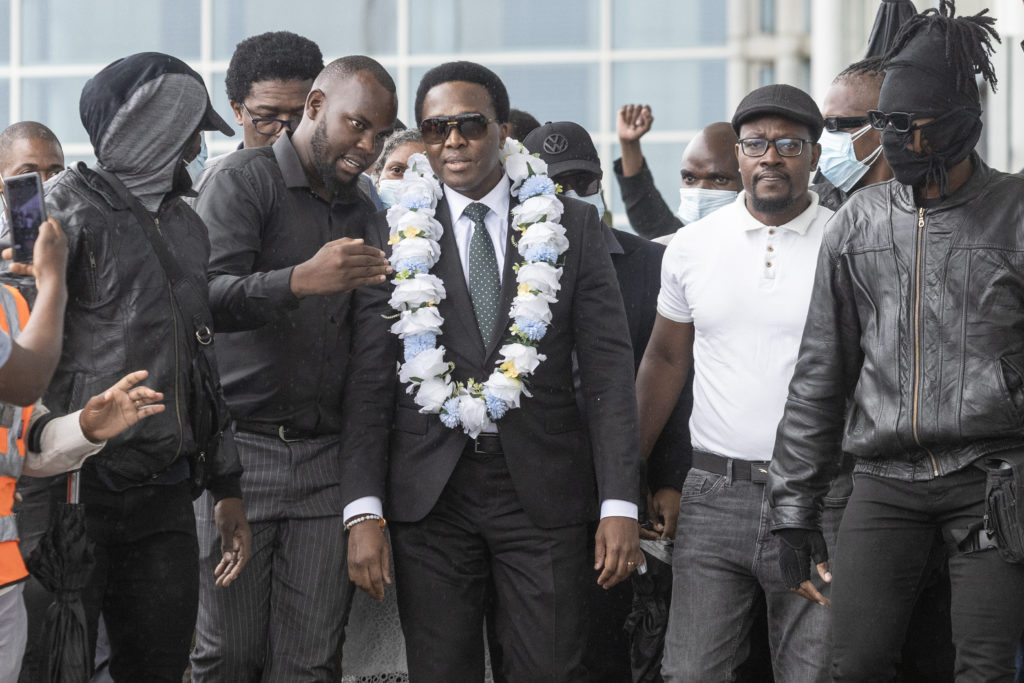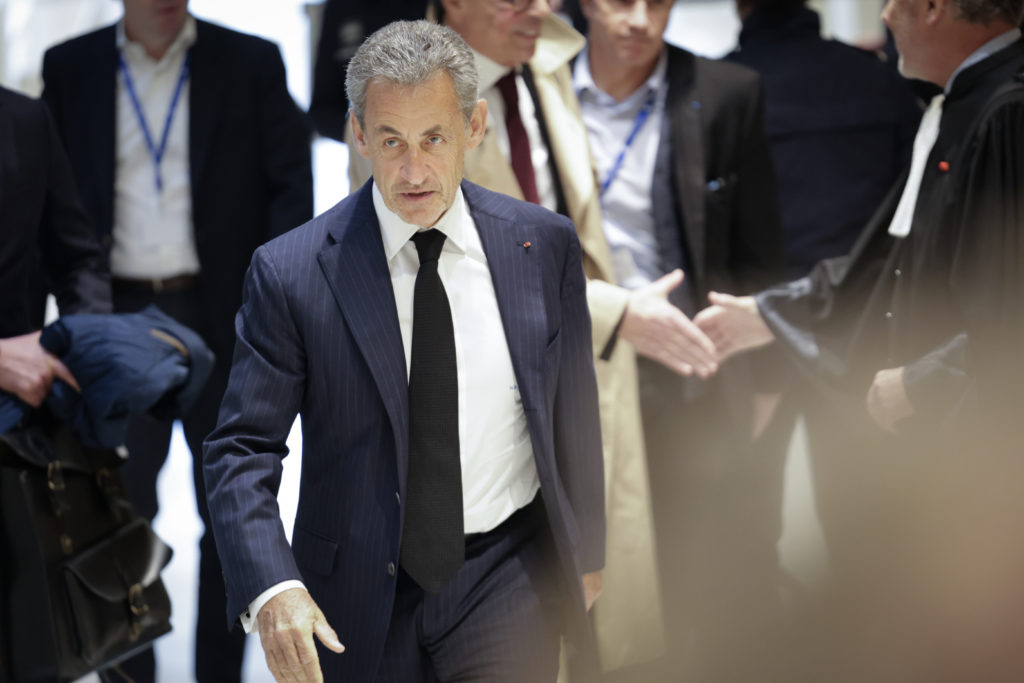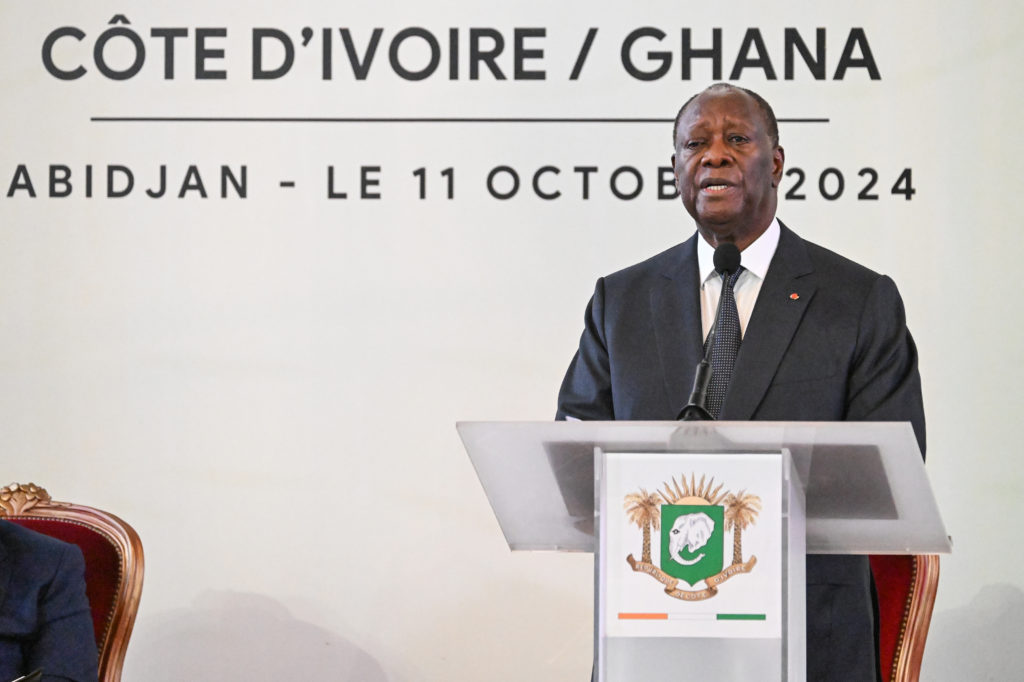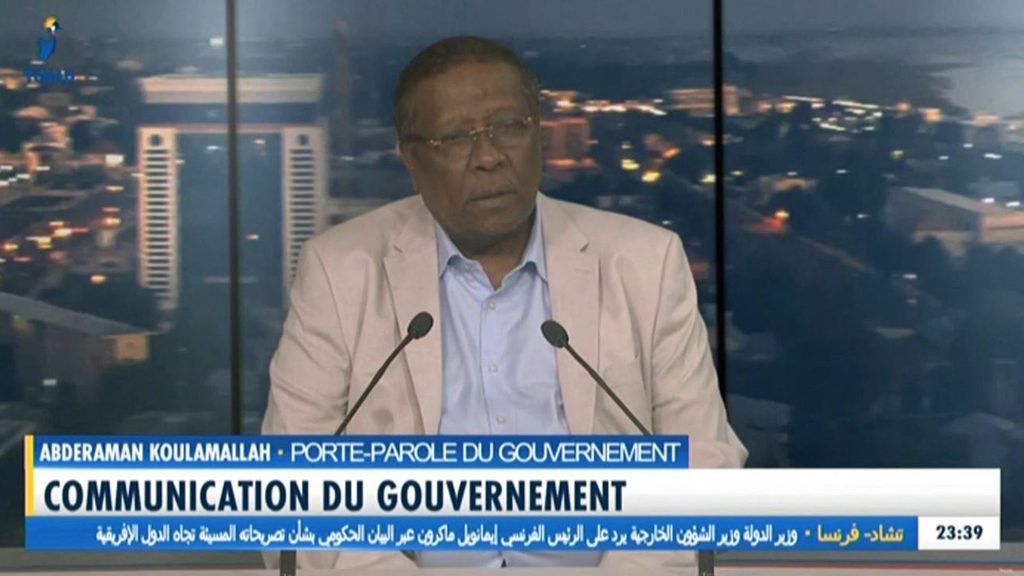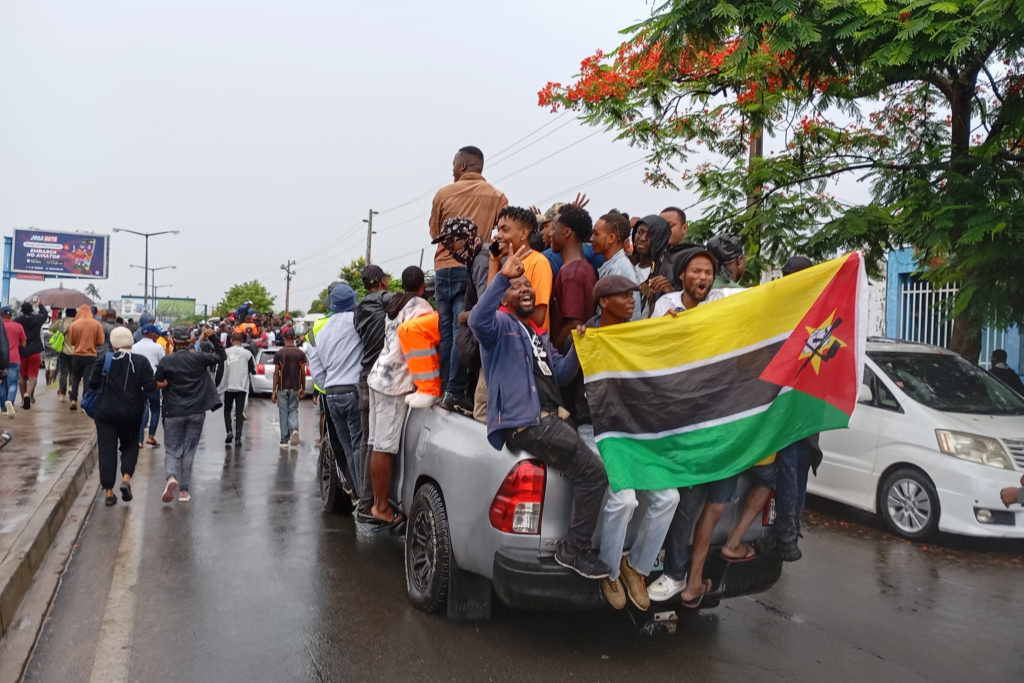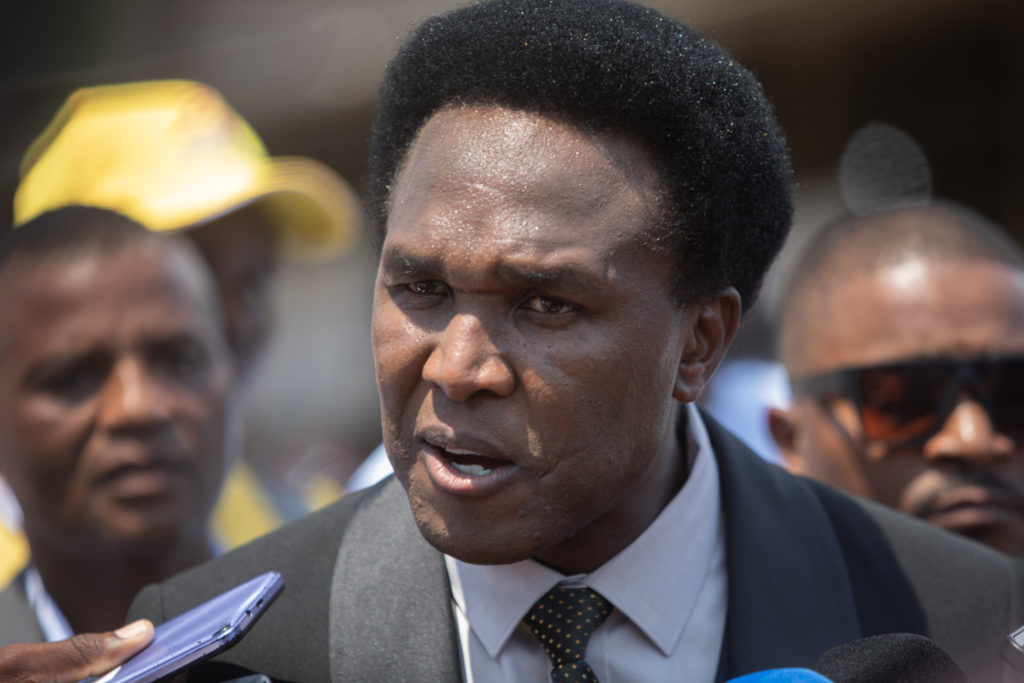Map of Ethiopia locating Tigray region
The capital of northern Ethiopia’s Tigray region was hit by an air strike around midnight Tuesday, Tigray rebels and hospital officials said, the latest such attack reported in just a few days.
The bombing came after fighting on the ground resumed between government forces and the Tigray People’s Liberation Front (TPLF) last week.
The clashes have shattered a five-month-old truce and dimmed efforts to end the nearly two-year conflict in Africa’s second most populous country.
“Night time drone attack in Mekele. No conceivable military targets!” TPLF spokesman Getachew Reda said on Twitter. “Mekele Hospital among the targets and at least three bombs dropped.”
Kibrom Gebreselassie, chief clinical director at Mekele’s Ayder Referral Hospital, also said on Twitter there had been a drone attack “close to midnight” near Mekele general hospital.
“Casualties are arriving to Ayder Hospital,” he said, without giving details.
A humanitarian source confirmed the strike but did not elaborate further.
Government officials did not comment on the latest strike, but on Wednesday accused the rebels of opening a front towards Ethiopia’s western border with Sudan, a week after fighting erupted near southeastern Tigray.
Prime Minister Abiy Ahmed’s government and the TPLF have each blamed the other for the clashes, which have sparked international concern.
At least four people including children were killed on Friday in the first air strike on Mekele in many months. The attack was condemned by the UN children’s agency UNICEF, which said the raid “hit a kindergarten”.
Local channel Tigrai TV had put the death toll at seven, including three children.
But Addis Ababa said it was only targeting military sites and accused the TPLF of “dumping fake body bags in civilian areas” to manufacture outrage.
Access to northern Ethiopia is severely restricted and it is not possible to independently verify the situation on the ground or the claims by the warring sides.
On Wednesday, the government communications service said that the TPLF “has launched an invasion in the direction of Wag, Wolqait and our border areas with Sudan (Amhara region).”
“Our heroic national defense forces are defending this invasion with full preparedness and resolve,” it said in a statement.
Wolqait, also spelt Wolkait, lies in western Tigray, a disputed region claimed by Tigrayans and Amharas and currently occupied by Amhara forces. The TPLF has repeatedly said the region is a “non-negotiable” part of Tigray.
Getachew dismissed suggestions of a new offensive.
“True to form, the Regime is making up stories so that it’d get away scot-free in the eyes of the international community,” he posted on Twitter.
– Roads ‘clogged’ –
Residents, diplomatic and humanitarian sources have said that in recent days TPLF fighters have pushed about 50 kilometres (30 miles) south from Tigray into Amhara and to the southeast into Afar, two bordering regions.
On Tuesday, Getachew told a press conference “we have defended our positions and we are now launching a counter-offensive.”
“Abiy keeps making miscalculation after miscalculation, he keeps sending reinforcements and we’ll continue to neutralise (them) and that will take us probably deeper and deeper into Amhara region.”
Abiy’s government announced Saturday that federal forces had pulled back from the Amhara town of Kobo, lying about 15 kms south of Tigray, to avoid “mass casualties”.
A local NGO in Afar, the APDA, said on Twitter about 18,000 people had been displaced and roads in one area were “clogged with fleeing people”.
– Huge toll –
Abiy, a Nobel Peace laureate, sent troops into Tigray to topple the TPLF in November 2020 in response to what he said were rebel attacks on federal army camps.
The TPLF mounted a comeback, recapturing most of Tigray in June 2021 and expanding into Afar and Amhara, before the fighting reached a stalemate.
Unknown numbers of civilians have died and millions need of humanitarian aid.
Since the latest fighting flared, the international community has issued appeals for restraint, including from UN chief Antonio Guterres and the African Union (AU).
The two sides have been at odds over who should lead negotiations — Abiy’s government says the AU should broker dialogue while the TPLF has favoured Kenya’s outgoing president Uhuru Kenyatta.
The March truce allowed the resumption of international aid convoys to Tigray after a three-month break, but the stricken region still faces severe food shortages.

